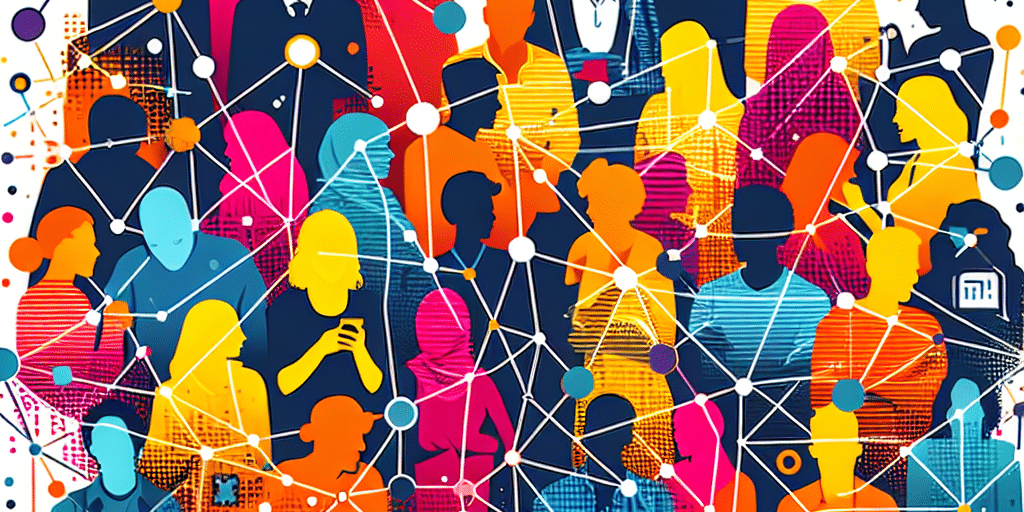Title: The Power of Social Media in Modern Society
In the past two decades, social media has emerged as a transformative force shaping modern society. What began as simple platforms for connecting with friends and family has evolved into dynamic spaces that influence politics, culture, business, and interpersonal relationships. Understanding the implications of social media is essential in grasping the nuances of contemporary life.
Social Media’s Impact on Communication
Social media has revolutionized communication, making it instantaneous and global. Platforms such as Facebook, Twitter, Instagram, and TikTok allow users to share updates, photos, and videos with a few clicks. This immediacy fosters a sense of connectivity, allowing people from different corners of the world to interact as if they were in the same room. However, this has also led to concerns about the quality of communication, as brief interactions often replace deep, meaningful conversations.
Influence on Politics and Movements
Social media’s role in political landscapes is undeniable. It acts as both a tool for grassroots organization and a platform for global campaigns. Movements like the Arab Spring, #BlackLivesMatter, and #MeToo were amplified and, in some cases, driven by social media. By providing a voice to the marginalized, social media has democratized political activism. Nonetheless, the platforms are also arenas for misinformation, propaganda, and echo chambers, posing significant challenges for political discourse and informed citizenry.
Cultural Trends and Phenomena
The cultural impact of social media is profound. It influences fashion, language, and even the way individuals perceive beauty and success. Viral trends and challenges can shape cultural conversations for better or worse. Platforms have given rise to « influencers » who wield significant power in shaping public opinion and consumer behavior. This new form of celebrity is a testament to the shifting dynamics of fame in the digital age.
Economic Implications
Businesses harness social media for branding, marketing, and customer engagement. Companies can reach targeted audiences with precision, leading to greater efficiency in advertising. Additionally, social media platforms have become marketplaces themselves, with features that support direct sales and e-commerce integration. However, the economic impact is twofold; while large businesses thrive, small companies often struggle to compete for visibility in saturated digital spaces.
Psychological and Social Well-being
The psychological effects of social media are a growing concern. On the one hand, these platforms can foster community and support. On the other, they can contribute to issues like anxiety, depression, and loneliness. The pressure to curate a perfect online persona can lead to distorted self-image and reduced self-esteem. Digital detoxes and mindful use of technology are becoming increasingly popular as people strive for balance.
Future Trajectories
As technology continues to evolve, so too will the landscape of social media. With the rise of virtual reality (VR) and augmented reality (AR), the future promises even more immersive social experiences. These advancements will bring about new challenges related to privacy, data security, and the blurring of real and virtual worlds.
Conclusion
Social media is a double-edged sword that wields immense power in shaping modern society. Its influence spans communication, politics, culture, economy, and individual well-being. While it offers unparalleled opportunities for connection and expression, it also demands a mindful approach to its usage. Society must navigate its complexities to harness its benefits while mitigating its drawbacks. As we stand on the cusp of further digital transformation, understanding and adapting to the shifts brought on by social media will be crucial for individuals and communities alike.







